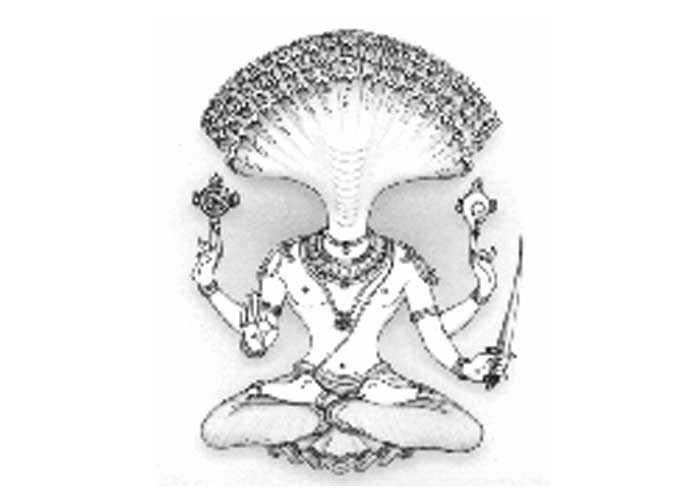Veda, we know, is the supreme gyan, the source of all knowledge on earth – a fact which is reiterated by philosophers and intelligentsia, world over, across times. Julius Robert Oppenheimer, the principle developer of the atomic bomb, stated that “The Vedas are the greatest privilege of this century.” Francois Voltaire stated: “… everything has come down to us from the banks of the Ganges.” Arthur Schopenhauer, the famed German philosopher and writer, wrote that: “I…encounter [in the Vedas] deep, original, lofty thoughts… suffused with a high and holy seriousness.” The well-known early American writer Ralph Waldo Emerson, read the Vedas daily.
I am from Russia, and there are plenty of people organized in groups pursuing vedic sciences. What is incredible is, the term ‘ved’ is not alien to Russia, and it is very much a part of our culture, the unanimous world culture. Consider the following words in Russian and their meanings in English,
ВЕДИ – Vedi – (verb) to show the way
ВЕДАТЬ –Vedat’ – (verb) be incharge, to know something, usually in old Russian used as, to be aware of high knowledge or other significant information, even future
ВЕДУН -Vedun – (noun) someone who knows, in old Russian language, was used for naming someone with high level of wisdom
ВЕДЬМА-Ved’ma- (noun) in old tradition, a woman who knows herbs and Ayurveda medicine
ВЕДЫ-Vedii – (noun) book of knowledge and rules
ВИДЕТЬ -Videt’ – (verb) to see
ВИДЕНИЕ -Videnie- (noun) – (1) mysterious vision, vision of the future or other subtle visions (2) competence (3) directing
ВЕДЬ – Ved’ (conjunction) – as a matter of fact, in fact, after all (used to make a statement emphatic or to contrast it with another)
ВЕДУЩИЙ – Vedushiy (1) (adj) leading, basic (2) (noun) leader
ВЕДОМЫЙ -Vedomiy (noun) – driven, controlled, following
What is more is that the first word of the first Veda (Rigveda) is ‘agni’ (meaning: fire). The word for fire in old Russian is – АГНИ- Agni (noun) -fire!!!
Interesting, isn’t it?
Vedas, according to history, were passed down through oral tradition, through sounds…the above terms, are a strong reason to believe that this oral tradition was not restricted to Indian subcontinent and spread far and wide laying the building blocks for all modern cultures, Russian being an example. No wonder Sanskrit is called the mother of all languages.
Author: Elena Fedosenko





